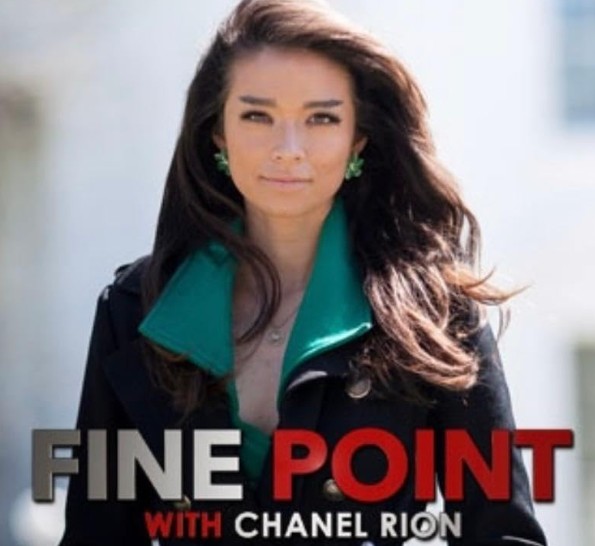Discusses Horrors of Organ Harvesting in wake of Xi and Putin on ‘hot mic’ laughing about it, on OANN’s Fine Point
Interview via Fine Point:
Chanel Rion’s recent Fine Point interview on OANN with Jan Jekielek, senior editor of The Epoch Times, centered on one of the most chilling stories to break in recent weeks: the hot mic incident in which Chinese leader Xi Jinping and Russian President Vladimir Putin were caught joking about forced organ harvesting. The discussion quickly became about much more than a grotesque offhand remark—it revealed the collusion of power, the suppression of truth, and the shocking complicity of Western media outlets in shielding authoritarian leaders from accountability.
Jekielek, who has long reported on the Chinese Communist Party’s (CCP) extensive human rights abuses, stressed that the hot mic moment was not a slip or a misunderstanding but a window into how Xi and Putin truly think. The two leaders, he explained, are not only presiding over repressive regimes but are actively mocking the suffering of their victims, specifically those who have been terrorized, tortured, and killed in the state-run forced organ harvesting industry. For decades, evidence has piled up that the CCP targets political prisoners, Falun Gong practitioners, Uyghur Muslims, and other marginalized groups for their organs, feeding a multibillion-dollar transplant economy that has been condemned by human rights organizations worldwide.
Jekielek Has Covered Organ Harvesting for Years
What amplified the outrage was what happened next. After the footage began circulating, Xi claimed intellectual property rights over the recording and demanded international outlets remove it. Shockingly, Reuters—the global news agency tasked with informing the world—complied. Rion and Jekielek dissected this decision with disbelief. To them, this wasn’t just a bad editorial call; it was a surrender of journalism’s very mandate. By removing evidence at the behest of a dictator, Reuters, they argued, revealed itself to be less an independent news service than a vassal of authoritarian power.
Jekielek contextualized the incident within a larger pattern: Western institutions, corporate and governmental alike, bending to Beijing’s demands. He cited how Hollywood edits films to gain access to Chinese markets, how major corporations adjust their advertising to avoid offending the CCP, and how even global institutions often mute criticism of China for fear of economic retaliation. The Reuters takedown, he argued, is part of that continuum—a willingness to trade truth for access, transparency for convenience.
Rion pressed further, asking why Western audiences should care about a hot mic or a media takedown. Jekielek’s answer was blunt: because it reveals the true stakes of freedom of information. When media organizations that claim neutrality actively suppress truths embarrassing to authoritarian regimes, ordinary citizens are left in the dark. What is hidden today about organ harvesting, he said, will become the precedent for hiding tomorrow’s atrocities, whether in China, Russia, or elsewhere.
The two also touched on the broader geopolitical implications. That Xi and Putin, already allied against the West, would mock human suffering together illustrates the moral vacuum at the heart of their partnership. Both regimes have made their disdain for human dignity clear, and now, thanks to the hot mic, they have said the quiet part out loud. The fact that Western media would help bury that admission is, in Jekielek’s view, as alarming as the incident itself.
Rion closed by noting that while Xi and Putin laughed about extending their lives through the suffering of others, it is the victims who deserve the last word. From Falun Gong prisoners of conscience to Uyghur detainees in Xinjiang, countless people have faced unimaginable horror at the hands of the CCP’s organ harvesting machine. To cover up the leaders’ cavalier remarks is to add insult to injury.
In the end, the interview left viewers with a stark choice: Will the press defend the public’s right to know, even when it angers the powerful? Or will it continue to serve as a filter, allowing despots to dictate the terms of what the world sees? For Jekielek, the answer must be the former. Anything less is not journalism—it is submission.


